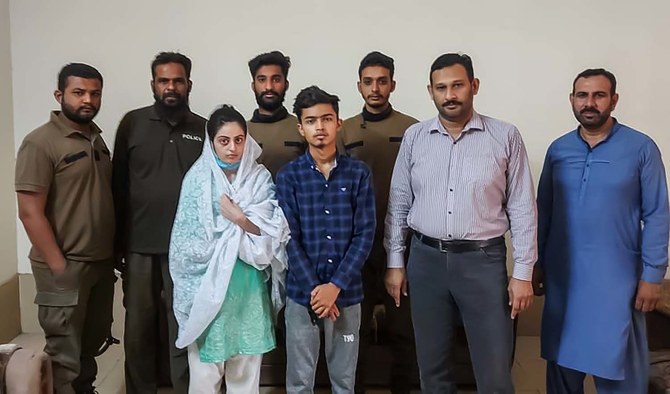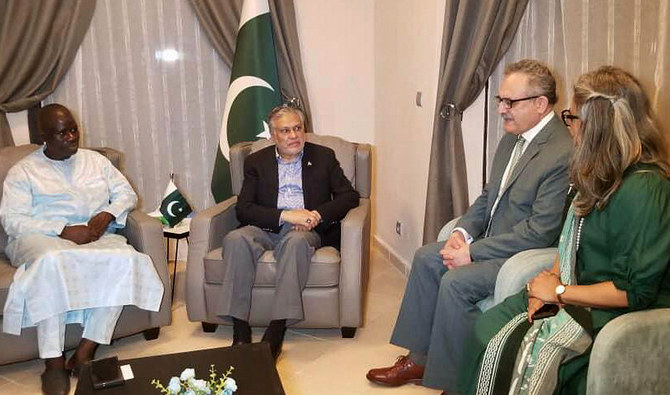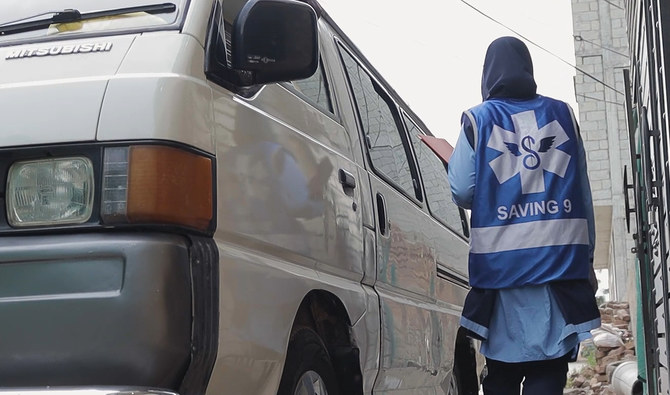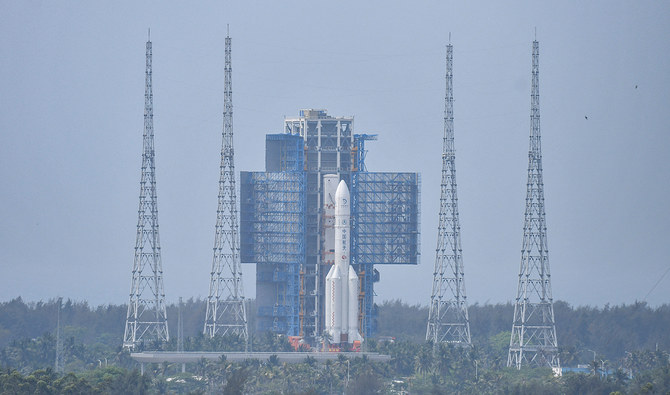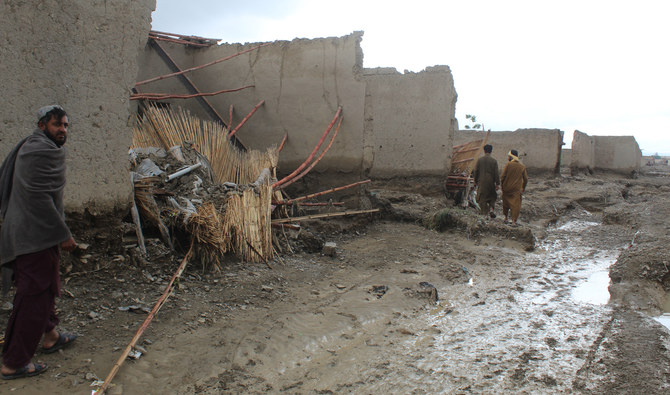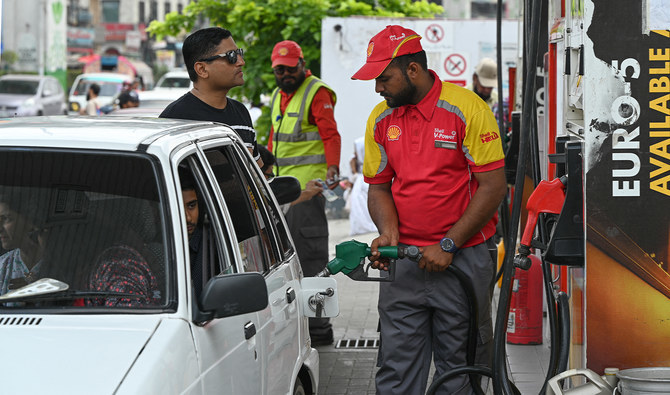KARACHI: A young Pakistani girl, who had gone missing from outside her residence in the southern Pakistani province of Sindh in mid-April, has been recovered from Chishtian, a small city in Bahawalnagar district, in Punjab province, officials said on Sunday.
Dua Zehra Kazmi disappeared from Karachi’s Al-Falah neighborhood on April 16. Her father said she had gone missing after she left her first-floor apartment and went downstairs to dump trash.
Kazmi was later found to have married Zaheer Ahmed, a young resident of Punjab, despite being allegedly underaged.
“Dua has been recovered from Chishtian in Bahawalnagar in Punjab and the process for shifting her and Zaheer to Karachi has been initiated,” Inspector General of Sindh Police Ghulam Nabi Memon told Arab News, adding both Kazmi and her husband had been taken into protective custody.
“Both will be produced in the trial court tomorrow as per the legal requirement and produced in the Sindh High Court on Friday which had originally issued instructions for the recovery and production Dua on the next hearing,” he added.
Until recently, Memon worked as the Karachi police chief, though he was asked to take over as the inspector general police after his predecessor Kamran Fazal was removed from the post due to his failure to produce Kazmi.
“The trial court will also be informed of the orders of the Sindh High Court,” Memon added.
Speaking to Arab News, provincial minister Shehla Raza, who has been taking up cases of missing girls, said the child had finally been recovered and would be produced in the court where her parents had already pleaded for her recovery and annulment of marriage.
“We will plead our case tomorrow,” she said.
Addressing a news conference earlier, deputy inspector general police in Lahore Kamran Adil said that Kazmi had been hiding at the residence of the in-laws of Ahmed’s brother. He informed the two had been given into the custody of the Karachi police.
On May 25, the Sindh High Court had directed the federal interior secretary to issue directions to all relevant law enforcement agencies to extend cooperation to the Sindh police for Kazmi’s recovery.
Earlier in April, Sindh Chief Minister Murad Ali Shah said Kazmi had been recovered from Punjab, though the police said only the marriage certificate of the couple had surfaced during their investigation.
In a video message shared on social media, Kazmi said she was an adult and had contacted marriage with Ahmed out of her own free will. She also accused her father of beating her, a charge which the parents have vehemently denied.
Speaking to Arab News, the chairperson of the Sindh Commission on the Status of Women, Nuzhat Shirin, said the provincial authorities had received Kazmi’s marriage certificate.
“Dua’s family has shown us her Form-B [an official document] according to which she is only 14,” she said. “However, the marriage certificate shows that she is 18 years old.”



